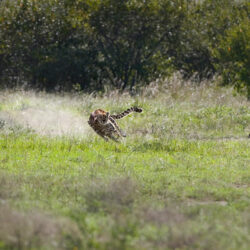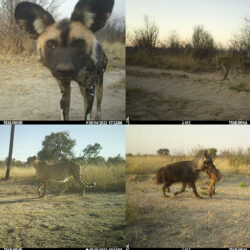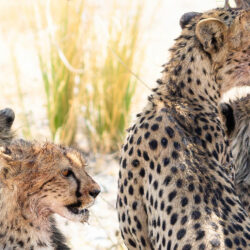Researching Carnivores in Namibia’s Eastern Communal Conservancies
-

- by Stijn Verschueren May 22, 2020
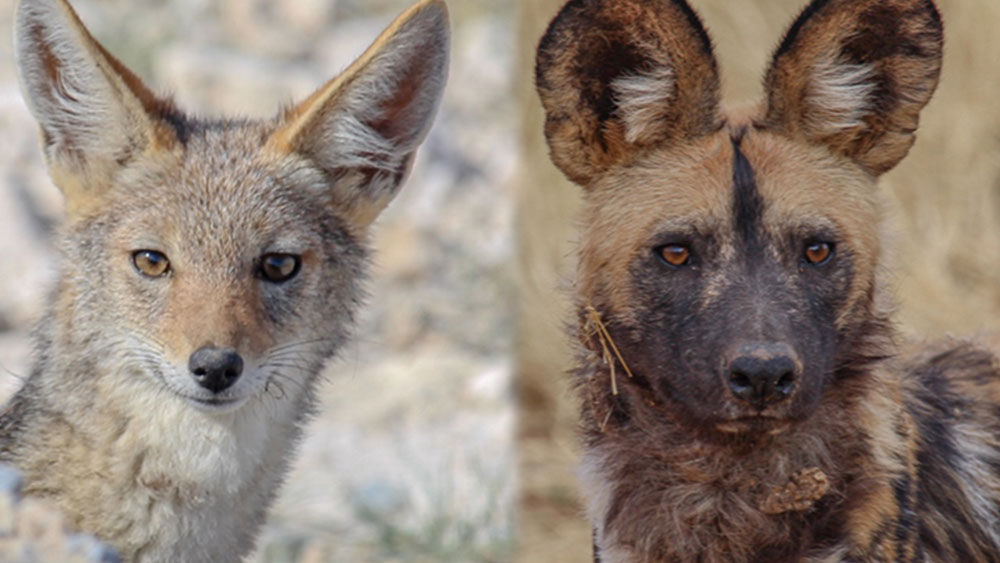
The Cheetah Conservation Fund (CCF) works closely together with farmers in Namibia’s eastern communal conservancies to reduce human conflict with carnivores. Livestock depredation causes severe economic costs for these people, which motivates retaliatory killings of predators. Detailed information on the magnitude of this conflict is needed to efficiently implement conflict mitigation strategies. Therefore, CCF’s team conducted a comprehensive assessment of conflict within this area as part of a long-term integrative management plan. The study, Assessing human conflicts with carnivores in Namibia’s eastern communal conservancies, was recently published in the journal Human Dimensions of Wildlife (DOI: 10.1080/10871209.2020.1758253).
We found that farmers lose on average 8% of their livestock to predators in just one year, which equals an annual estimated cost of 2,848 USD per farmer! This is high compared to other areas across sub-Saharan Africa and highlights the severity of this conflict. Yet, we found that variability in livestock losses was high between farmers, with some farmers losing up to 50 head of stock or more, while others did not lose livestock at all. This is important information to identify areas where we could prioritize our mitigation efforts as we are working in an extremely large area.
We also found that the canids in this area, i.e. the African wild dog and the black-backed jackal, caused the majority of the reported livestock attacks. Jackals are opportunistic hunters and often predate on small stock, while African wild dogs predate on cattle when wild prey is scarce. Besides all research activities concerning the biology and conservation of cheetahs, CCF’s team is putting considerable effort into the protection of this understudied and heavily persecuted population of African wild dogs.
CCF’s approach in this area targets both the well-being of local people and the survival of predators in this ecosystem. We have been organizing conservation-based workshops with a focus on range land management, livestock husbandry and the value of carnivores within the ecosystem. Preliminary results show that these workshops are efficient in reducing conflict! Furthermore, we operate a permanent hotline to quickly respond to conflict situations and we offer free veterinary services for domestic and livestock animals when in the villages. Recently, we also completed a biodiversity survey to estimate abundance and distribution of carnivores and other wildlife in the area. Further research will inform us how habitat characteristics and human activities shape their distributions, which will be important for future restoration efforts.
CCF’s active presence in the area ensured mutual trust and long-standing relations. Yet, the current high costs from livestock depredation and the low wildlife numbers in this region are preventing these conservancies from developing towards viable, multiple-use landscapes. Therefore, CCF is dedicated to continuing its community work in this area to promote sustainable co-existence, benefiting both people and predators!
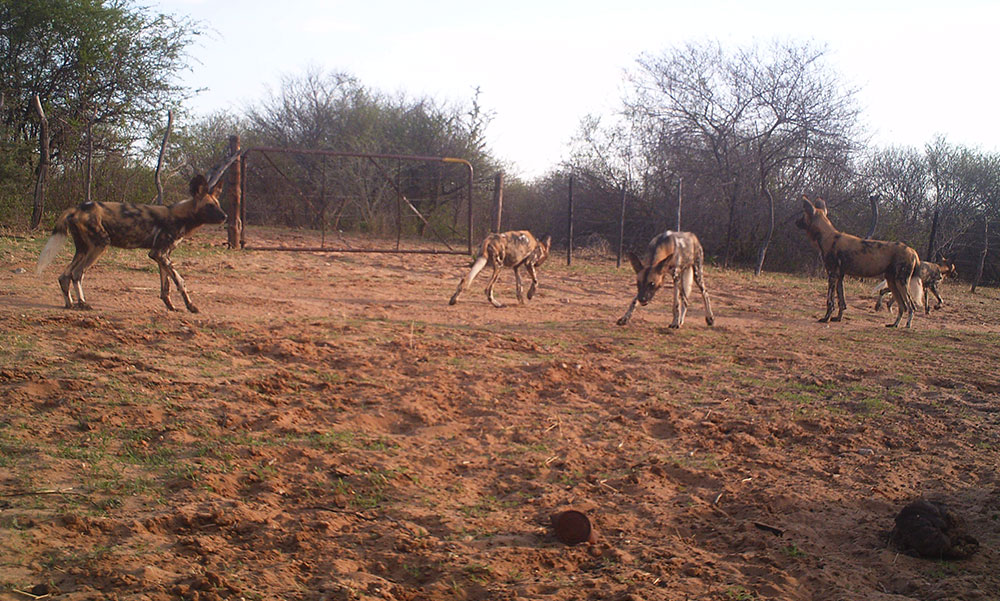
Related Reading
-
October 15, 2024
The Ecology of the Landscape Down to the Smallest Part

